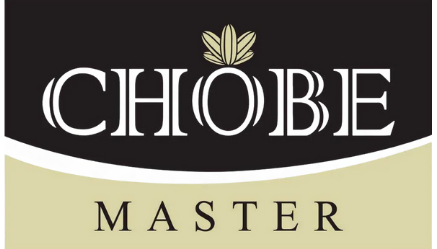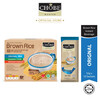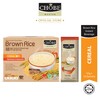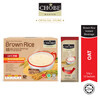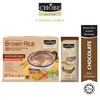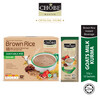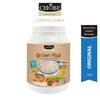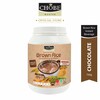
In the world of grains, rice reigns supreme. It's a dietary staple for billions of people, providing sustenance and cultural significance. But when it comes to choosing the healthiest type of rice, the options can be overwhelming. Let's delve into the world of rice varieties, exploring their nutritional profiles and discovering which one stands out as the healthiest choice for your plate.
Introduction
Rice is more than just a side dish; it's a dietary cornerstone for many around the globe. From Asian stir-fries to Latin American paella, rice is a versatile and beloved grain. However, not all rice is created equal when it comes to nutritional content. So, what is the healthiest type of rice?
Common Types of Rice
Before we can crown the healthiest rice, let's familiarize ourselves with the contenders. There's the ubiquitous white rice, the nutrient-packed brown rice, the fragrant Basmati, the aromatic Jasmine, the wild and wonderful wild rice, the antioxidant-rich red rice, the mysterious Forbidden Black rice, and the non-traditional quinoa.
Nutritional Comparison
To determine the healthiest rice, we need to analyze their nutritional content. Each type of rice offers a unique set of vitamins, minerals, and antioxidants. Understanding these differences is crucial for making an informed choice that aligns with your health goals.
Brown Rice: The Champion
In the battle for nutritional supremacy, brown rice emerges as a champion. Unlike white rice, brown rice retains its bran and germ layers, packing a powerful punch of fiber, vitamins, and minerals. Its nutty flavor and chewy texture make it a delicious and nutritious choice.

White Rice: Friend or Foe?
While white rice is a staple in many households, it undergoes processing that strips away essential nutrients. Although it provides quick energy, it lacks the fiber and nutrients found in brown rice. Moderation is key when indulging in the simplicity of white rice.
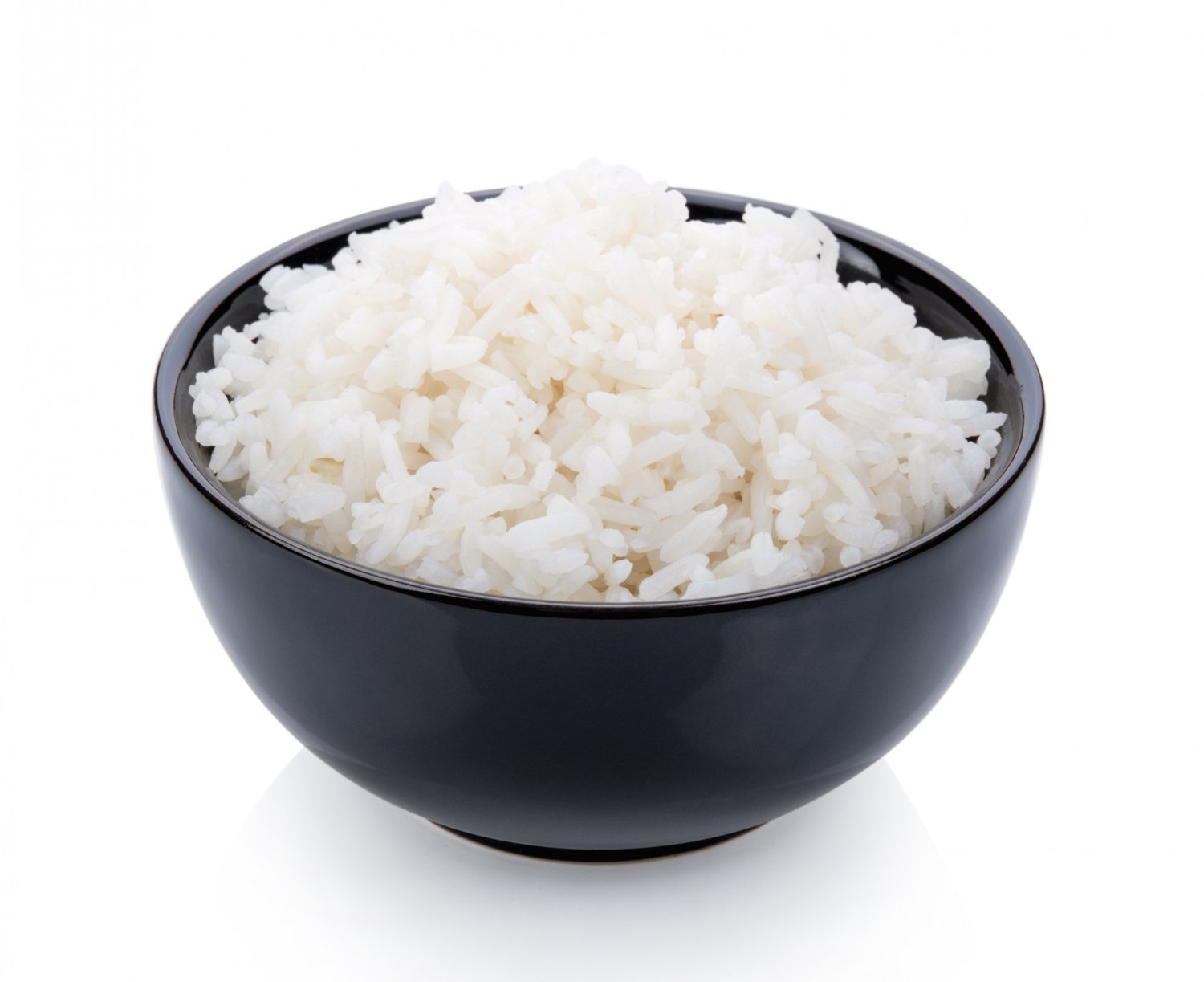
Basmati Rice: A Fragrant Option
If you're looking for aromatic rice with a distinct flavor, Basmati is an excellent choice. It's commonly used in Indian and Middle Eastern cuisines. While it may not match brown rice in fiber, its delightful aroma and unique taste add an enticing touch to meals.
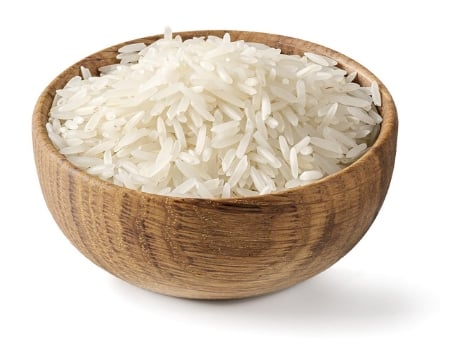
Jasmine Rice: A Thai Delight
Jasmine rice, known for its fragrant and slightly sticky texture, is a staple in Southeast Asian dishes. While it may not have the fiber content of brown rice, its delicate flavor and versatility make it a delightful addition to various culinary creations.
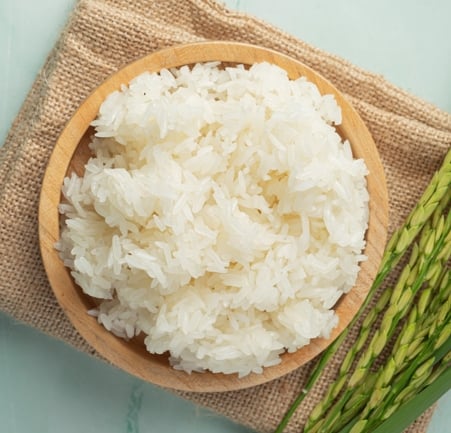
Wild Rice: A Nutrient Powerhouse
Don't let its name fool you; wild rice isn't technically rice but a grass seed. However, it's a nutrient powerhouse with a rich, nutty flavor. High in protein and fiber, wild rice stands out as a nutritious option.

Red Rice: Packed with Antioxidants
Red rice, with its vibrant color, is rich in antioxidants. These compounds contribute to its potential health benefits, including anti-inflammatory properties. Adding a splash of color to your plate, red rice is a visually appealing and nutritious choice.
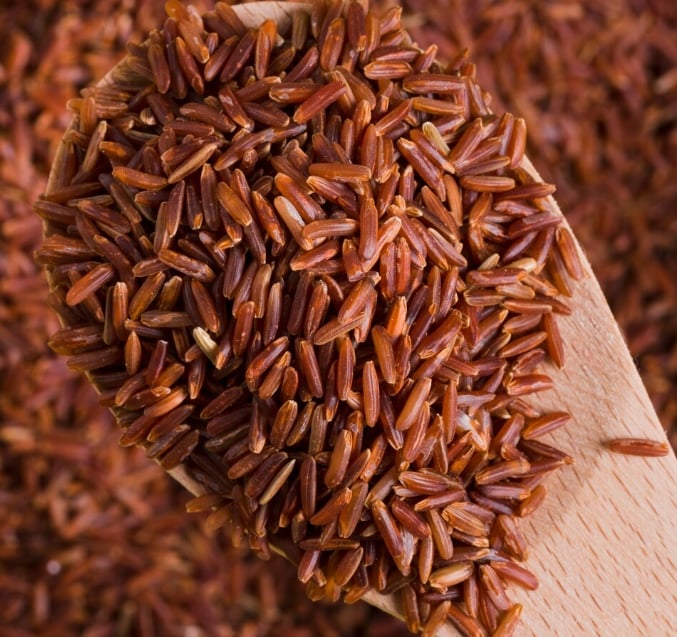
Forbidden Black Rice: A Dark Delicacy
Known as the "forbidden rice" due to its historical rarity, black rice is a dark delicacy with a nutty taste. Rich in antioxidants and anthocyanins, it's a unique option that not only tantalizes the taste buds but also offers potential health perks.
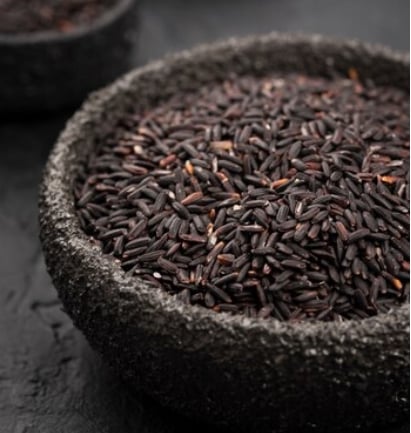
Quinoa: The Non-Traditional Contender
While not a true rice, quinoa has earned its place on the table as a nutritious alternative. Packed with protein, fiber, and essential amino acids, quinoa is a favorite among health-conscious individuals seeking a diverse grain option.

Choosing the Healthiest Option
When it comes to choosing the healthiest rice, it ultimately depends on individual dietary needs. Brown rice is an excellent all-around choice for its fiber and nutrient content, but other varieties offer unique flavors and nutritional benefits. Consider your health goals and personal preferences when making your selection.
Rice and Diet
Rice plays a crucial role in various diets, from gluten-free to vegetarian. Its versatility makes it suitable for different culinary preferences. However, moderation and mindful consumption are key, especially for those managing weight or specific health conditions.
Risks and Controversies
While rice is a dietary staple, it's not without its concerns. Arsenic levels in rice, particularly brown rice, have raised questions about its safety. It's essential to be aware of these potential risks and choose rice varieties with lower arsenic levels.
Conclusion
In the quest for the healthiest type of rice, there isn't a one-size-fits-all answer. Brown rice stands out for its overall nutritional profile, but other varieties offer unique flavors and benefits. The key is to embrace variety, moderation, and mindful consumption to enjoy the diverse world of rice while prioritizing health.
